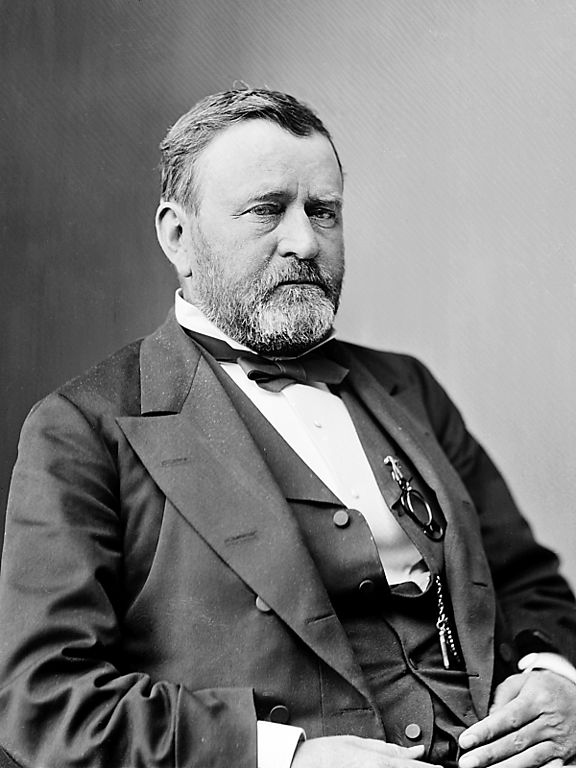Authors:
Historic Era: Era 5: Civil War and Reconstruction (1850-1877)
Historic Theme:
Subject:
February/March 2021 | Volume 66, Issue 2


Authors:
Historic Era: Era 5: Civil War and Reconstruction (1850-1877)
Historic Theme:
Subject:
February/March 2021 | Volume 66, Issue 2

Ulysses S. Grant had to respond to more charges of misconduct that took the form of financial corruption than any other president. No department escaped congressional investigation. The only cabinet post ignored in the following account is that of the postmaster general, and the omission is deliberate; charges of continuing misappropriations of funds in the postal service will be treated in the analysis of the Star Routes under Presidents Hayes, Garfield, and Arthur. In addition to cabinet members, Grant's secretaries, members of his family, and the president himself were accused of abusing power that derived from his office.
Historians H. Wayne Morgan, Ari Hoogenboom, and others re-evaluating the Grant administration find its reputation for unbridled, unprecedented, and unsurpassed corruption exaggerated. Hoogenboom suggests that one of the reasons there was so much talk about corruption at the time was that at last some people, including Ulysses S. Grant, wanted to do something about it. He stresses, for example, abolition of the moiety system during Grant's administration rather than the notorious abuse of it by one of its last practitioners, John Sanborn, whose contract is discussed below. He credits Grant with appointing the first Civil Service Commission rather than blaming him for abuses that made later civil service reform essential.
Whisky Frauds
Whisky distillers and Internal Revenue Commission agents often made false reports of production to avoid tax. Such practices were common as far back as the Lincoln administration. Investigation later made it clear that a large number of government employees joined people in the industry in depriving the country of revenue. In St. Louis virtually every agent was believed to be involved. And complicity either in the frauds themselves or in the acceptance of bribes to prevent the exposures of the frauds reached to President Grant's closest associate, his secretary, Orville E. Babcock, and perhaps the Grant family itself.
It must be acknowledged that there was a partisan component to the investigation of the Whisky Frauds. Benjamin Helm Bristow, Secretary of the Treasury, wanted to be president. His reputation was based largely on his relentless exposure of the Whisky Frauds, and he became a hero of a major anti-Grant wing of the Republican Party. There is little to suggest that Bristow slanted the investigation to embarrass the Grant wing of the party, but many, including the president, believed he did.
There had always been strong political opposition to Grant within his own party in the state of Missouri. In February, 1870, he appointed a loyalist, General John A. McDonald of St. Louis, supervisor of revenue for Missouri and six other states. Grant knew McDonald socially but